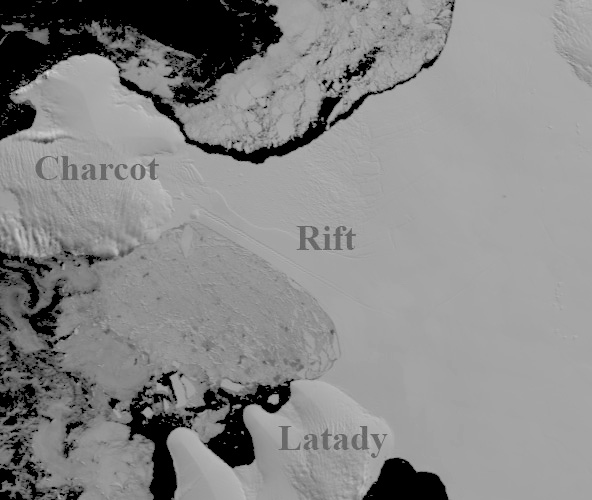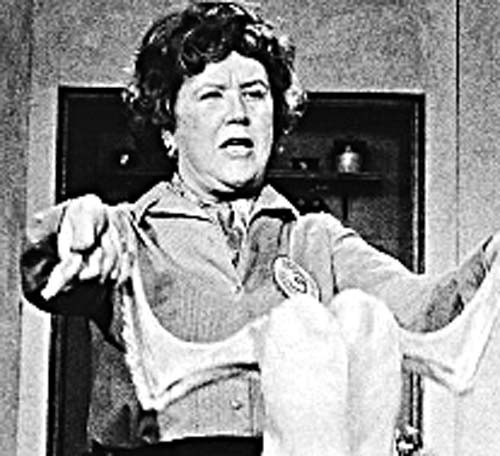Guest contribution from Mauri S. Pelto
Ice shelves are floating platforms of ice fed by mountain glaciers and ice sheets flowing from the land onto the ocean. The ice flows from the grounding line where it becomes floating to the seaward front, where icebergs calve. For a typical glacier when the climate warms the glacier merely retreats, reducing its low elevation, high melting area by increasing its mean elevation. An ice shelf is nearly flat and cannot retreat in this fashion. Ice shelves cannot persist unless the entire ice shelf is an accumulation zone, where snowpack does not completely melt even in the summer.

 These days, when global warming inactivists need to trot out somebody with some semblance of scientific credentials (from the dwindling supply who have made themselves available for such purposes), it seems that they increasingly turn to Roy Spencer, a Principal Research Scientist at the University of Alabama. Roy does have a handful of peer-reviewed publications, some of which have quite decent and interesting results in them. However, the thing you have to understand is that what he gets through peer-review is far less threatening to the mainstream picture of anthropogenic global warming than you’d think from the spin he puts on it in press releases, presentations and the blogosphere. His recent
These days, when global warming inactivists need to trot out somebody with some semblance of scientific credentials (from the dwindling supply who have made themselves available for such purposes), it seems that they increasingly turn to Roy Spencer, a Principal Research Scientist at the University of Alabama. Roy does have a handful of peer-reviewed publications, some of which have quite decent and interesting results in them. However, the thing you have to understand is that what he gets through peer-review is far less threatening to the mainstream picture of anthropogenic global warming than you’d think from the spin he puts on it in press releases, presentations and the blogosphere. His recent 



 ¿El Calentamiento Global, se Tomará unas Cortas Vacaciones?
¿El Calentamiento Global, se Tomará unas Cortas Vacaciones?